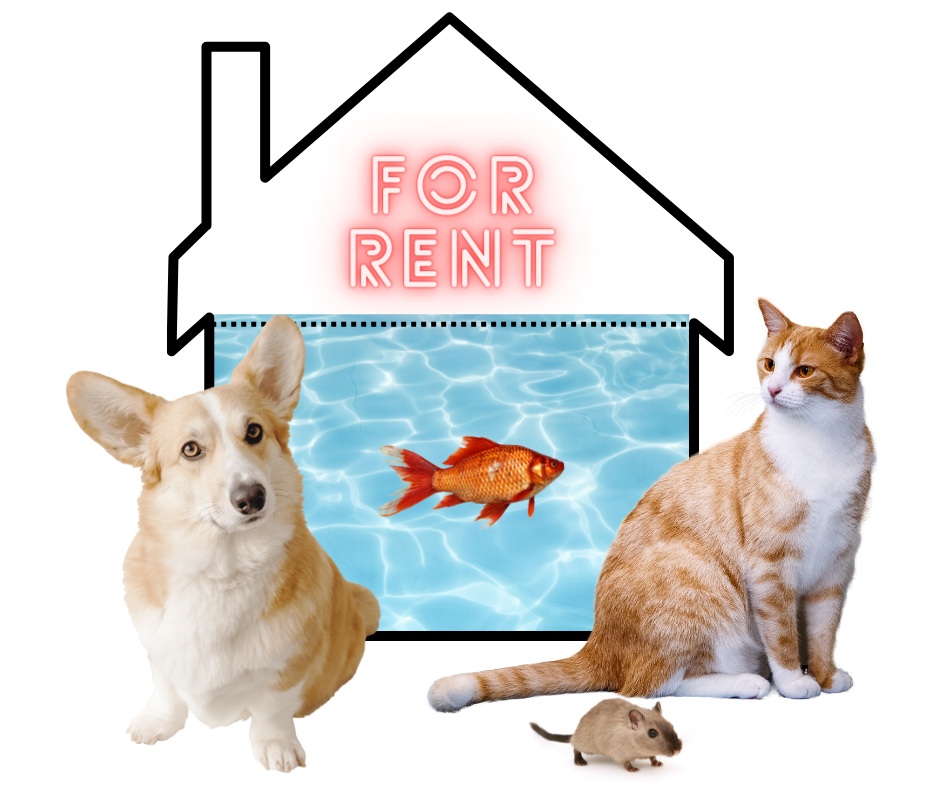When I learned that I would be moving to the United Kingdom to start a new position at the University of Kent, the first thing I needed to do was locate a home to rent. As a single woman in her early 30s, my choices were not many to begin with, but I would find myself seriously encumbered by my one caveat: I have two feline family members.
It turns out that tenancies in the UK are not very friendly to nonhuman tenants. Having no luck whatsoever with online listings, I finally resorted to Skyping each and every realtor that operated in the city of Canterbury to especially inquire about any listings in my price range that allowed animals. I was on the phone all day. I only found one after a landlord graciously decided to make an exception for me. Having no other choice, this would become my home.
I happen to be a committed lifelong vegan and Nonhuman Animal rights activist. I research, write, and speak about anti-speciesism for a living. But I’m also just a human being with basic decency and compassion. Relinquishing Keeley and Trudy so I could start a new career, no matter how amazing an opportunity that would turn out to be, was absolutely not a possibility. Not everyone is as committed to their nonhuman companions or to combatting speciesism, however. More importantly, regardless of how decent or compassionate others might be, not everyone has the same access to resources I had available to me.
As of 2022, between 4-8% of British rental properties accommodate pets. With 1 in 5 Brits (4.4 million) renting, this means that there are not nearly enough “pet-friendly” rentals to go around. This creates a precariousness for those who refuse to relinquish their nonhuman family and friends in order to meet regulations; it creates fatalities for the nonhumans affected. Animals seized, dumped, or responsibly surrendered by humans in service of the “no pet policy” more often than not end up in “shelters” where life chances are poor. Sometimes animals are left behind during moves in hopes they can will be able to survive on their own. This is not to dismiss the horrific emotional suffering of human caretakers who genuinely do care and genuinely have to choose between a “no pets” home or no home at all. No pet policies are literal death sentences.
This speciesist and classist practice, however, is due to change. One of the largest sets of changes to British rental policy is due to transpire in 2022. In addition to offering more humane protection for vulnerable humans (such as those on benefits and increased renter rights with regard to maintenance, housing standards, and unfair evictions), landlords will no longer be able to outright ban “pets” from the property. Unlike in the United States where pet policies are a bit easier to locate because extortionate per-pet/per-month rents and non-refundable pet deposits can be charged, the UK government prohibits additional pet-related charges.
That so many people today live in rented properties is a legacy of land enclosures and colonialism. Through these processes, the dominant class forcibly removed people from common lands. This proved to be an important means of creating disempowerment and dependency. The inability of people to keep companion animals in their rentals is inherently a class issue. “Pets” are prohibited because they supposedly create a financial risk for landlords should they do damage through clawing, urination, etc. This prohibition may protect landlord wealth, but it essentially prohibits entire families from living together.
This policy could save millions of nonhuman lives and enhance the quality of life for their human companions. Attention to oppressive capitalist structures is important, however. The rental system itself is based on inequality. Furthermore, the commodification of “pets” as renters’ “property” seems to be perpetuated in policy language. What is needed alongside this plan is a move to ban “breeding” operations so as not to replace one capitalist oppression (extorting those without property) with another (commodifying dogs and cats in the “pet” industry).

Readers can learn more about the vegan intersectionality in my 2016 publication, A Rational Approach to Animal Rights.
Receive research updates straight to your inbox by subscribing to my newsletter.
